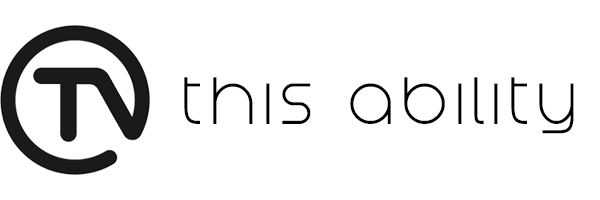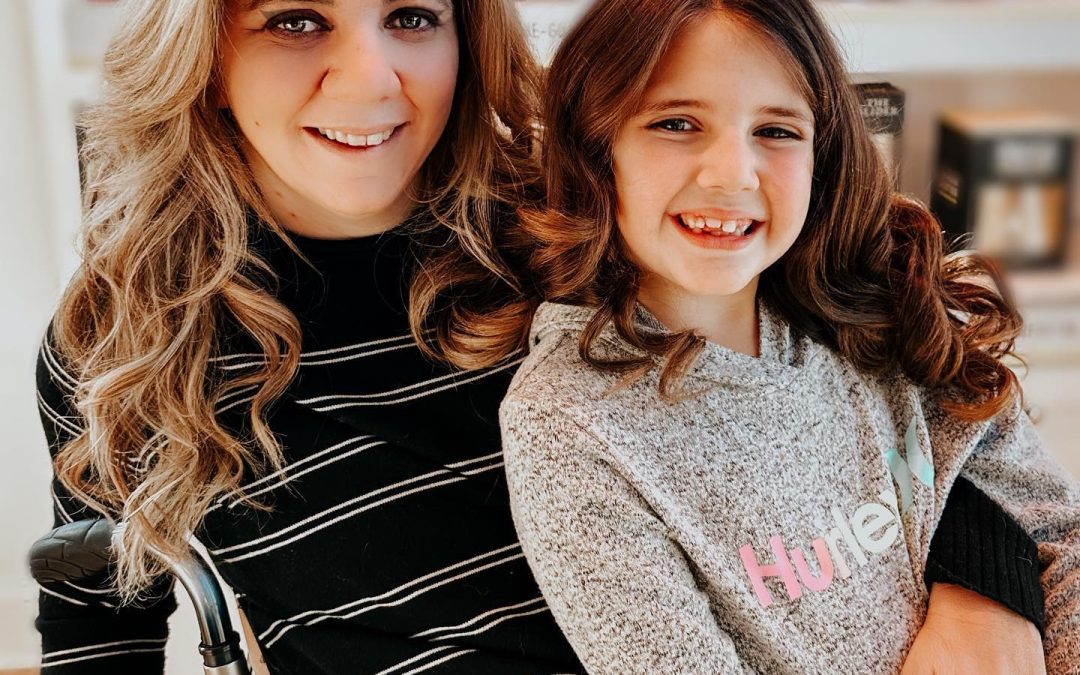Nowhere is the difference between attitudes towards able-bodied and disabled women starker
than on the subject of motherhood; the big taboo. Chances are, if you use the internet then
you’ve come across hateful comments and moral proselytizing towards disabled mothers.
Feminists have justly and deservedly contested against the time-old theory that put women at
the centre of the family in the role of primary caregiver. Disabled women however are subject
to stereotypes in stark contrast to those fixed on our able-bodied counter-parts. For us to be
mothers is presumed either impossible or wrong and an opposite assumption to our able-
bodied peers but none the less depowering. Disability is so closely associated with
dependence and social isolation that it is hard for people to imagine disabled individuals
ultimately raising a family. When partners choose to be with disabled women, they face
enormous and continuous obstacles and scrutiny as to whether they will have to be a
caregiver to the disabled woman, and/or to be responsible for any children she has.
An intrinsic part of the problem is that disabled people, whether they are mothers or not, are
presumed to be asexual. Widely documented and strongly reinforced in society, this belief
creates numerous myths with many people presuming that motherhood isn’t even possible,
let alone desirable or otherwise.. Parenting has been the last frontier for people with
disabilities and researchers have found that these parents experience prejudice about their
rights or abilities to do so; with some of the wider population even insisting they should not
be parents at all. We all know parenting is centred around being able to sit-to-stand, to kneel
and turn, to hop out of bed, just to engage in the daily dance of parenting. Wheelchairs are
amazing but at times restrictive. Are parents with disabilities seen as being less functional
due to an inability to move properly and due to the use of a wheelchair? Are their wheelchairs
seen as not always allowing the flexibility necessary to take care of their infants? So is the
main concern around the ability to care and support the children adequately or is there a fear
that the children will be singled out as different just because their parents are disabled?
It’s exactly the opposite of the message parents with disabilities try to send. That disability
does not need to be perceived entirely as a disadvantage. The issue is that I just haven’t found
the right solution yet and trust there is nothing like a disability to bring out so much ingenuity
and creativity regarding adaptive living!!!
Rachelle chapman, is an American lady who challenged the strong, cultural notion of who
can be an appropriate mother head on. As a newly married quadriplegic lady, doctors told
Rachelle her medication would make pregnancy dangerous, so Rachelle and her partner
decided to opt for surrogacy instead to start a family. The strength and love in her home, a
family network willing to help and a strong support system meant she was able to achieve her
objective. Through the availability of the internet, that allows disabled parents to exchange
information and resources, she found effective solutions such for a crib enabling her to roll
her wheelchair under and a desk that serves as a changing table that she can roll right up to.
The internet has given us many wonderful things: instant messaging, movies on demand,
online gaming, resources at our fingertips… But the internet has also brought new ways of
communicating negatively that weren’t possible when memes were delivered by carrier
pigeon. We’re talking internet trolls. And despite being a young, strong lady in a loving
relationship ready and willing to start a family, Rachelle has had to fight off many internet
trolls slamming her choice because it confronts the stereotypical notions of motherhood.
There is possibly nothing more obnoxious online than keyboard warriors, trolls, and sheer
ego and ignorance. Unfortunately, disabled parents face plenty of derogatory comments and
absurd opinions
Another quadriplegic lady who has documented her fair share of facing ignorance as a
disabled parent is Dani Izzie. In a walking-centric world, Dani found the solution to nursing
her infant twins on pillows on a large foam playmat on the floor. She puts their toys and
blankets there, her laptop and snacks and does everything with ease and comfort while also
stretching ridiculously tight hip flexors (from over-sitting). So she works, has conference
calls on the floor, eats lunch on the floor, supervises the twins naps on the floor, feed them on
the floor, and voila—she is free of the need to get up and down. And let’s be honest, what
non-disabled moms also not spend half their time on the floor?
Here are a few gems she’s received since placing her pregnancy and parenting journey in the
public eye:
“How is she going to care for them? she is very selfish”.
“I wish they’d made a different decision. There is no way this woman can provide the
necessary care for them, and the load WILL end upon her husband’s shoulders”.
Do you have a significant other/partner?? If not, why are you pregnant with twins you cannot
parent??”
As she scoots, drags, crawls and slides on the firm and smooth foam mat surface, she recalls
in her early twenties and the early days of her spinal cord injury, that she remembers thinking
that so much of the rehabbing and recovering she was engaging in was to prepare her for the
time in her life when she would someday become a mother (even though she didn’t even have
a partner at the time). She admits her desire to become a mother did play a role in her drive to
achieve increasing levels of independence as a c5/6 quadriplegic woman. 11 years and a set
of infant twins later, and the reality of parenthood is very much undeniable for her and her
husband.
The intimidation and insecurity Dani felt when she found out she was pregnant as a quad just
dissolved away once her daughters were born. She concedes the practical matters are still
there; diapering, feeding, changing, carrying but most of them have to do with coordinating
and designating care, and creating resources. While Dani has achieved much and rehabbed
well, she cannot really do any of the day-to-day struggles with much consistency. So, how
does she combat this? She pools resources, directs care, manages a schedule to implement
helping hands from family members through the week, reads her beautiful twins books, gets
on the floor for tummy-time and play-time. chooses her twins outfits, shops online for their
evolving needs. Dani works a remote job and saves up money for their future. And above all
she loves her babies beyond measure, unconditionally. And that’s what parenting is disabled
or not.

